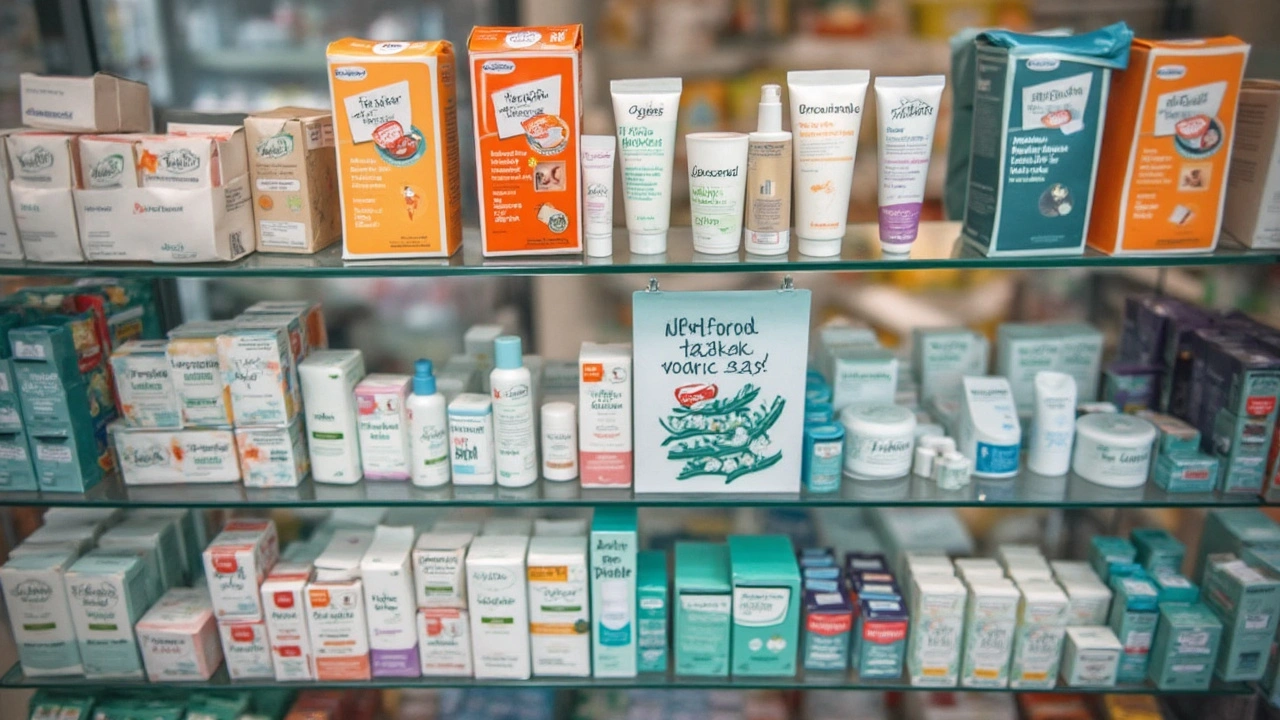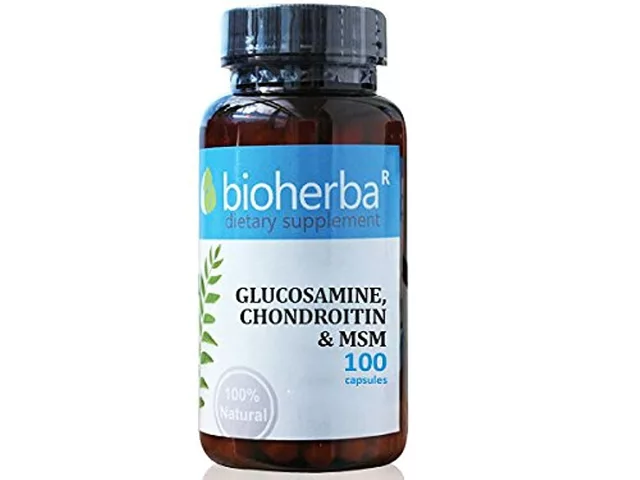Cold sores show up at the worst times—dates, interviews, holiday photos, you name it. They tingle, they itch, they strike out of nowhere, and suddenly you’re ransacking the bathroom drawer for anything that promises relief. While prescriptions like valacyclovir can seriously help, not everyone wants—or can get—a script. Maybe you’re avoiding the hassle. Maybe it’s the cost. Whatever your reason, you’re eyeing those over-the-counter options and wondering: are they worth it, or just shiny boxes with empty promises?
The Great Lysine Debate: Can This Amino Acid Really Stop Cold Sores?
Walk into any chemist or health store in Sydney, and chances are you’ll spot lysine supplements front and center in the “immune support” section. The story goes like this: lysine, an essential amino acid, somehow weakens the herpes simplex virus that causes cold sores. That’s the buzz, anyway. But how much science is really behind it?
Let’s break it down. Lysine isn’t made by your body; you get it from food or supplements. Some older studies found out that people who took lysine reported fewer cold sore outbreaks, and when they did flare up, the sores didn’t stick around as long. But dig a bit deeper, and it gets fuzzy: more recent research is split. Some trials say it helps. Others say it does nothing at all. The dose seems to matter. People popping below 1,000 mg a day didn’t see much difference, but folks taking higher dosages (like 3,000 mg daily) sometimes did spot shorter healing times. But high doses aren’t always safe—think stomach cramps, diarrhea, and on rare occasions, kidney issues. Not exactly what you bargained for to dodge a blister.
If you want to try lysine, don’t waste your cash on super low-dose tablets—the research just doesn’t back those up. And don’t think you can load up on cheese and call it medicine. While foods like eggs, yogurt, and fish are rich in lysine, supplements pack a punch not found in your average lunch. Just keep your GP in the loop before adding big doses—especially if you’ve got kidney problems.
Still, a chunk of cold sore sufferers say they swear by it. I’ve even seen mates at the pub sneak a lysine pill before ordering another round, just in case a tingle starts. Realistically, it’s not a miracle cure. But as an add-on to other treatments, it might be worth a shot during outbreaks—especially when you want something in your medicine cabinet until you get your hands on a stronger prescription.
Docosanol: The Pharmacy Staple that Promises Quick Healing
Let’s talk about docosanol, better known by its brand name, Abreva. Here in Australia (and plenty of other places), this is the only non-prescription topical cream that’s FDA-approved for cold sores. What’s the pitch? Docosanol claims to “shorten healing time and duration of symptoms if started early.” But does it really deliver?
This stuff is an alcohol derivative, and it works by messing with the virus’ ability to fuse into your skin cells. That means it tries to block the herpes virus before things get ugly. The trick is you’ve got to catch the cold sore super early—the second you feel that classic tingle. Wait too long, and you might as well just apply lip balm.
Clinical studies have shown that docosanol can speed up healing by roughly a day on average—sometimes two, if you’re especially lucky. The reality is, don’t expect miracles. You’re not going to slap it on an angry, full-blown blister and wake up clear-faced. But if you’re vigilant, notice the tingle, and keep that cream handy, you may cut your outbreak short. You won’t find much drama with side effects either—maybe some minor drying or redness at most.
I’d say docosanol gives you decent odds for a quick win if you’re the kind of person who feels the warning signs. My wife Adelaide is a big fan—she keeps a tube in every handbag. But if you wait until your cold sore looks like a science experiment, save the cash and stick to wound care basics.

Botanicals: Nature’s Cupboard or Just a Trendy Placebo?
If you scroll through wellness Instagram or stroll down the aisles at a Sydney farmers’ market, you’ll see a parade of botanical cold sore remedies promising “natural” relief. Tea tree oil, lemon balm, peppermint, echinacea, propolis… the list keeps growing. But are any of these worth the hype, or are we just paying premium prices for scented lip balms?
Let’s tackle a few standouts. Lemon balm (Melissa officinalis) has the strongest reputation. A handful of solid studies—mostly from Europe—found that applying lemon balm cream several times a day seemed to speed up healing and even helped stop recurrences for some people. The catch? Not every product labeled “lemon balm” is made with the right concentration or the tested extract, so you might get wildly different results depending on the brand.
Tea tree oil is another popular pick. It’s cheap, smells strong, and in lab studies, it’s shown antiviral activity against the herpes simplex virus. But concentrated tea tree oil can burn or irritate your lips, so if you go this route, dilute it to about 1:10 with a bland carrier oil. Never apply straight tea tree oil and expect a spa-like miracle.
Propolis, that sticky bee product used in fancy honey, shows some promise in early research for speeding up healing when used as an ointment. But allergy-prone folks beware—it can trigger reactions, especially if you tend to react to plants or bee stings.
Other botanicals like echinacea or peppermint oil crop up in “miracle” blends, but there’s just not enough solid science to put them at the top of your list. If you’re curious, try one product at a time so you can tell if anything’s actually helping (or just making things worse).
Nobody wants a cold sore, but even fewer people want to end up on the news for a wild allergic reaction. Patch test before slathering new botanical concoctions all over your lips.
What’s Hype and What’s Worth a Spot in Your Medicine Cabinet?
Now for the reality check. With so many options, it’s easy to fall for the latest trending remedy—especially when you’re desperate for relief. But here’s what’s actually worth considering, and what you might want to skip:
- Docosanol: A decent bet for those early tingle moments. Speedier healing, mild side effects, proven by some trials. Just don’t expect a miracle on day three of your outbreak.
- Lysine: Sketchy science, but higher doses might trim a day or two off your cold sore drama. Worth a try if you’re healthy, but check with your doctor first if you’ve got kidney issues.
- Lemon Balm: Strongest botanical evidence. If you can find a quality cream or ointment with the right extract, this is nature’s best bet for a gentle nudge on healing.
- Tea Tree Oil: Possible help, but only in low concentrations. Overdoing it can leave you with dry, cracked lips—never straight up from the bottle.
- Propolis: Promising, but allergy risk is real. Always patch test.
- Other Botanicals: Echinacea, peppermint, aloe, licorice—most claims here come from lab studies or word-of-mouth, not robust clinical trials.
If you’re weighing these against *valacyclovir OTC alternative* options, you might want to check out a more detailed breakdown at valacyclovir OTC alternative, which covers several approaches to managing cold sores—including some you might not find on pharmacy shelves.

Tried-and-True Tips to Get the Most Out of OTC and Natural Remedies
It’s not all about the product you pick—it’s also about timing, consistency, and common sense. Here’s how to up your odds of a quick recovery from cold sores, no matter which remedy you try:
- Jump into action at the very first tingle. Waiting for a full blister makes nearly everything less effective.
- Keep your lips protected—wind, sun, and dry air can all trigger outbreaks or slow down healing. Use a mild, non-irritating balm without any harsh flavors or scents.
- Wash your hands every time you touch your face or apply a cream. Otherwise, the virus can spread to other body parts (or, even worse, to other people—nobody needs that).
- Don’t double up on strong remedies. If you’re using lysine supplements, stick to the recommended dose—more isn’t always better. The same goes for tea tree or any other oil. Less is often more here.
- If you spot any swelling, pus, or fever, see a doctor straight away. Severe cold sores can look like other health problems and need medical attention, not just another layer of ointment.
- Consider keeping a “cold sore kit” in your bag—lyine, docosanol cream, lemon balm, and a soothing, unscented lip balm. That way you’re ready right at the first warning tingle—no frantic pharmacy dash required.
- If cold sores happen more than a few times a year, or if they’re seriously messing with your quality of life, talk to your doctor about a prescription approach. OTC and natural remedies are good starting points, but they’re not always enough for frequent or severe outbreaks.
I’ve tried half of these myself, just to see what actually helped versus what just stung my lips or cost too much for what I got. For me, catching the outbreak early always trumps getting caught up in the hunt for the next magic cream—so stash that tube of docosanol somewhere handy and pay attention to your stress triggers. Adelaide would remind you: you’re not alone, and it’s never vain to want your lips looking good at the family barbecue.



